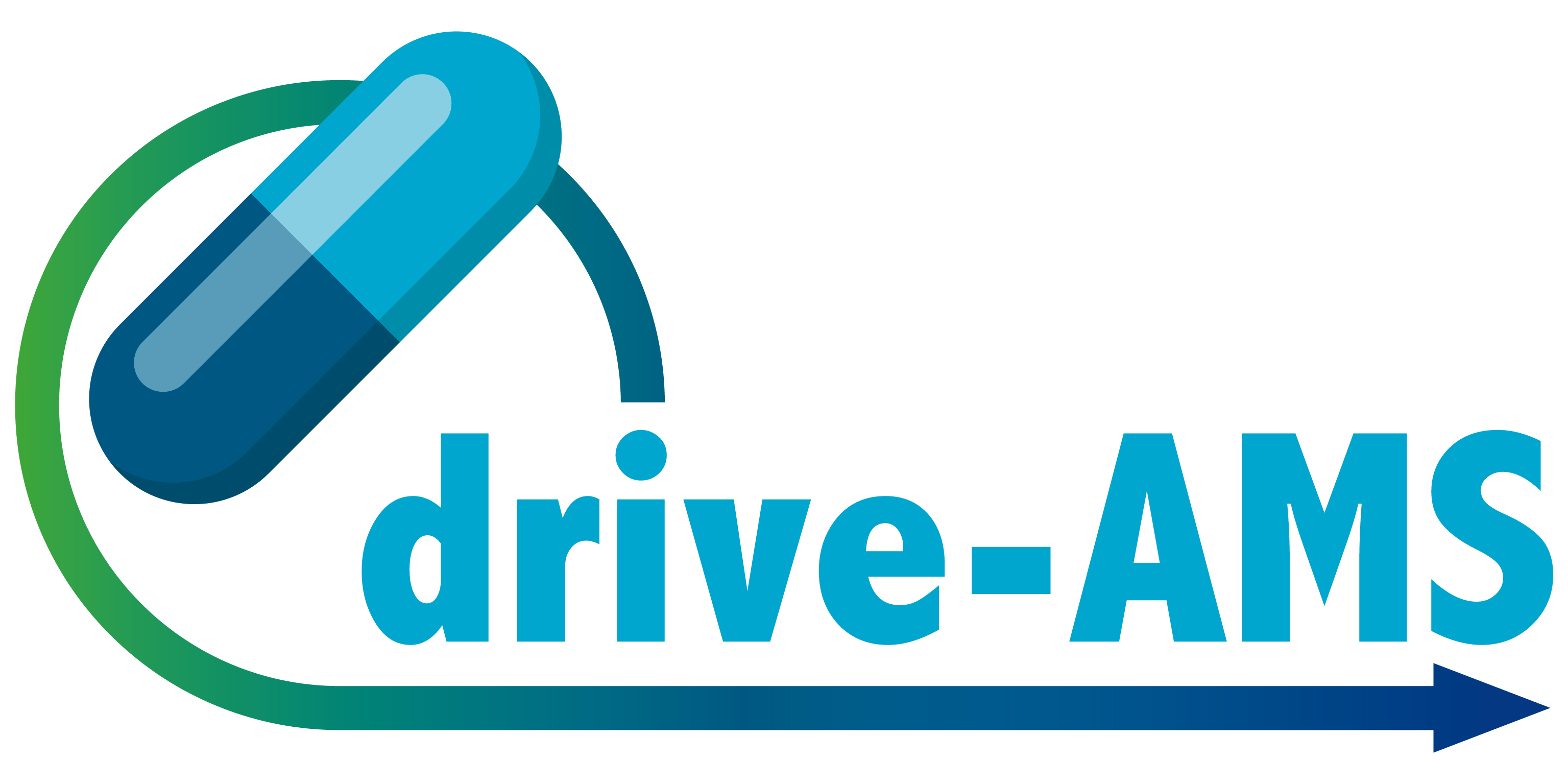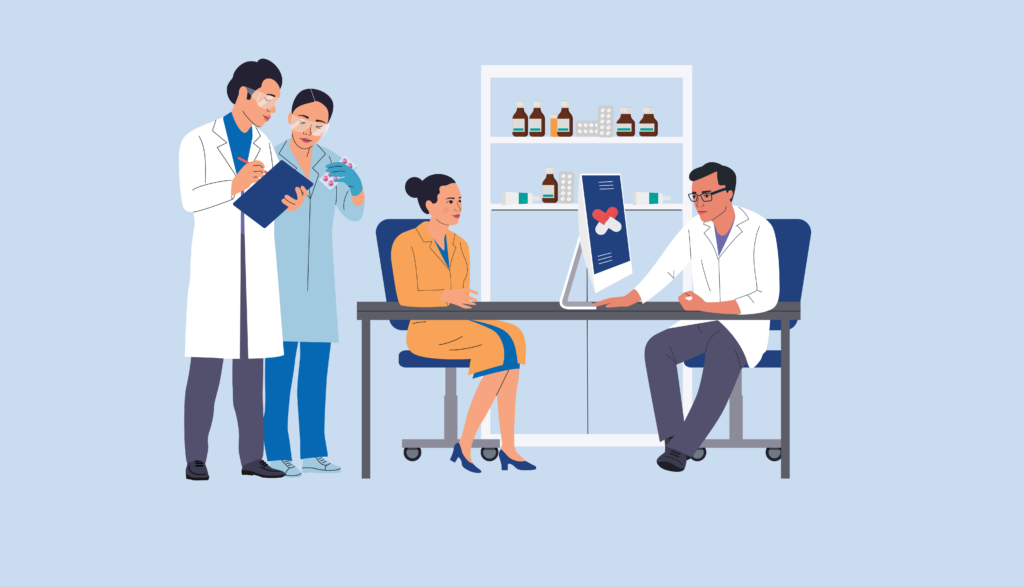What is your role in the drive-AMS project?
I’m a paediatric infectious disease specialist and Assistant Professor at Aristotle University of Thessaloniki. My primary role revolves around paediatric infectious diseases at the Hippokration General Hospital in Thessaloniki. In the drive-AMS project, I am a core member, collaborating with Professor Roilides. We bring together three hospitals, organizing regular meetings to discuss important joint actions, such as Point Prevalence Surveys (PPS) and preparations for training courses on antimicrobial stewardship activities. The plan is to expand involvement to other hospitals as well.
What sparked your interest in AMR, and how is AMR a challenge in your daily work?
During my training and fellowship, I observed that the predominant issue in hospital acquired infections is AMR. The majority of infectious diseases consultations in hospitalized patients relate to treating infections caused by resistant bacteria. Unlike consultations for viral infections or other diseases, AMR is of key importance. The challenge lies in treating patients effectively and assessing the judicious use of antibiotics upon admission to the hospital or emergency department.
As a core member of the drive-AMS team, how you are implementing antimicrobial stewardship in your hospital?
At our 900-bed hospital, we have a study group mandated by law, part of the infection control committee, to monitor and surveil antibiotic use. Comprising members from various departments, including infectious disease experts, pharmacists, and representatives from the ICU, surgery, and oncology, we oversee four main objectives. These include monitoring compliance with infectious disease guidelines, tracking restricted antibiotics, ensuring proper perioperative chemoprophylaxis, and reporting antibiotic use with AMR every six months. Despite our efforts, there’s room for improvement, and this is where the drive-AMS project comes into play.
Considering your daily involvement, are there specific challenges you face with AMR, and how do you address them?
I would say that there are a lot of challenges but I am optimistic. Training, preparation, and collaboration are essential. Finding like-minded colleagues with the motivation to instigate change is crucial for judicious use of antimicrobials and infection prevention and control within hospitals. Behavioral change should be approached with discussions rather than with imposing regulations, much like in Aesop’s Fables of the North Wind and the Sun. Understanding the challenges, from knowledge gaps to fears, is the first step towards a more effective approach to combating AMR.
This year’s theme of the World Antibiotic Awareness Week is “Preventing Antimicrobial Resistance Together”. How crucial is collaboration in the fight against AMR?
To me, a One Health approach is absolutely needed. There are joint reports from ECDC, EFSA, and EMA, the JIACRA reports on antimicrobial consumption and resistance in bacteria both from humans and food producing animals. The links between humans, animals, and the environment are undeniable. We shouldn’t forget agriculture, which also is a cause of resistance. With challenges like resistance transmission across borders, collaboration is key, not only within countries, but globally. The World Antibiotic Awareness Week is a great reminder that collective action is necessary.

